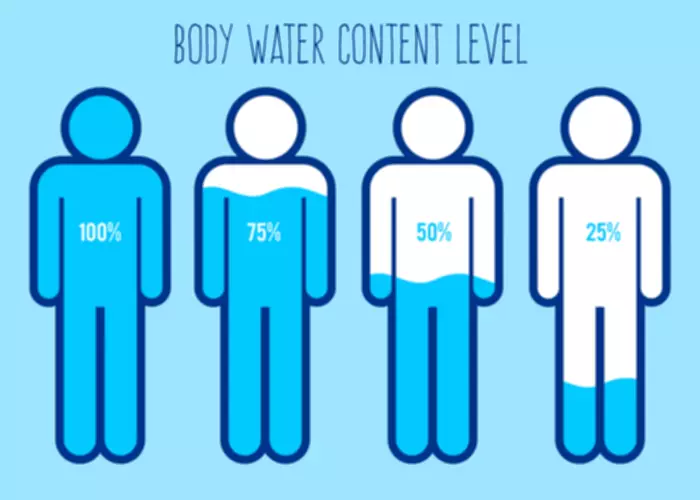
There are factors that pop up again and again when determining who might have an issue with alcoholism. If you’re in the “at-risk” population, it doesn’t take much to become dependent on alcohol or other drugs. Genetic, psychological, social and environmental factors can impact how drinking alcohol affects your body and behavior. Theories suggest that for certain Why Alcoholism is Considered a Chronic Disease people drinking has a different and stronger impact that can lead to alcohol use disorder.
What are the early signs of alcoholism?

The sooner you seek treatment, the more likely you will be to avoid some of the more extensive damage that alcoholism can cause. Before we find out if alcoholism is a progressive disease, we should take a moment to review what, exactly, alcoholism is. For example, some drugs have a structure similar to other chemical messengers in the brain, allowing them to bind to brain cells and release dopamine. Therefore, taking a drug produces a euphoric feeling, which in turn strongly reinforces drug-using behavior.

What health complications are associated with alcoholism?

Regardless of which term a person uses, alcoholism is characterized by the inability to limit how much or how frequently a person drinks. But if substance use continues, the brain produces less dopamine and/or reduces the number of brain structures that receive dopamine. Thus, dopamine’s impact on the reward network diminishes, along with the individual’s ability to experience pleasure. Several evidence-based treatment approaches are available for AUD. One size does not fit all and a treatment approach that may work for one person may not work for another. Treatment can be outpatient and/or inpatient and be provided by specialty programs, therapists, and health care providers.
Impact on your health
- Without proper medical management, detox can be dangerous and even life-threatening due to the potential severity of withdrawal symptoms.
- For many people, alcohol seems inextricably linked with a social life.
- For a woman, it is after about 4 or more drinks within a few hours.
- Getting adequate proteins, calories, and nutrients can alleviate symptoms, improve quality of life, and decrease mortality.
If your pattern of drinking results in repeated significant distress and problems functioning in your daily life, you likely have alcohol use disorder. However, even a mild disorder can escalate and lead to serious problems, so early treatment is important. Many people with AUD do recover, but setbacks are common among people in treatment. Seeking professional help early can prevent a return to drinking. Behavioral therapies can help people develop skills to avoid and overcome triggers, such as stress, that might lead to drinking.
- Finding the right support group or resource can be a transformative step in overcoming alcohol addiction.
- The cost of delayed intervention is not just measured in health terms but also in the lost potential for a healthier, more fulfilling life.
- In fact, drinking may not even bring any feeling of pleasure anymore.
- Symptoms include fever, jaundice (yellowing of the skin), malnourishment, swelling, and accumulation of fluid around the liver.
- It is essential to understand that detoxification is not a cure for alcoholism but a necessary step towards achieving sobriety.
Friends and family members of people who have an alcohol addiction can benefit from professional support or by joining programs like Al-Anon. Therapy is useful to help teach someone how to manage the stress of recovery and the skills needed to prevent a relapse. Also, a healthy diet can help undo damage alcohol may have done to the person’s health, like weight gain or loss. If you drink more alcohol than that, consider cutting back or quitting. Medically managed withdrawal or detoxification can be safely carried out under medical guidance. Medications, such as benzodiazepines, are given to help control withdrawal symptoms.

